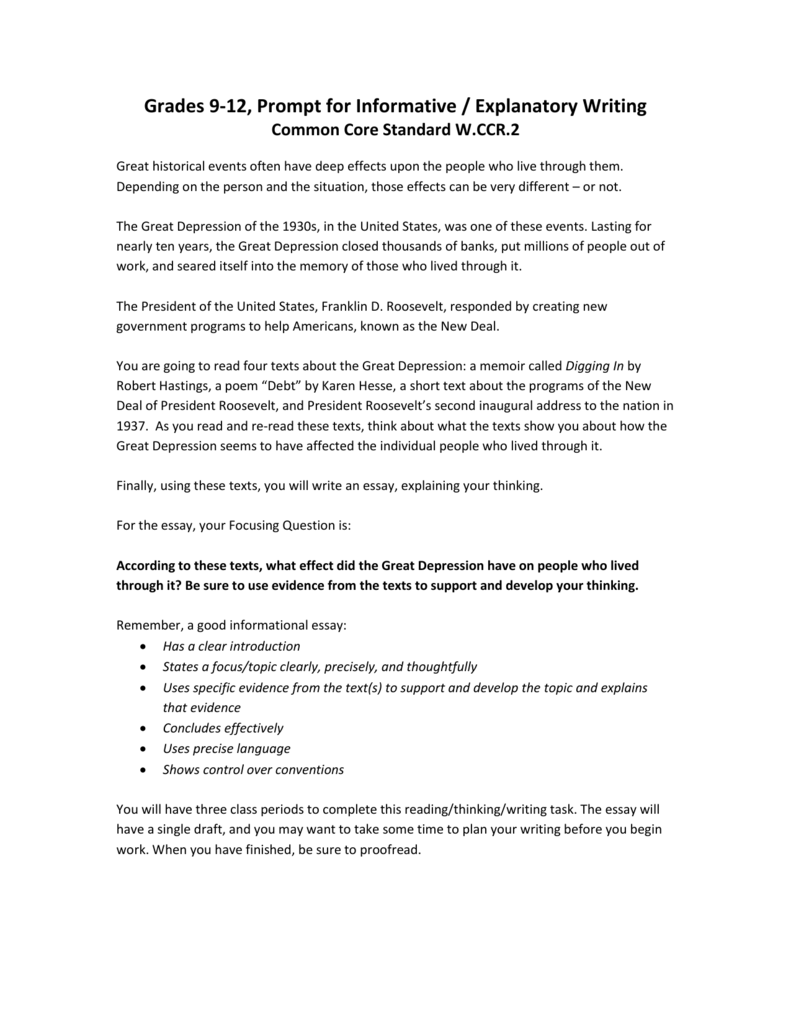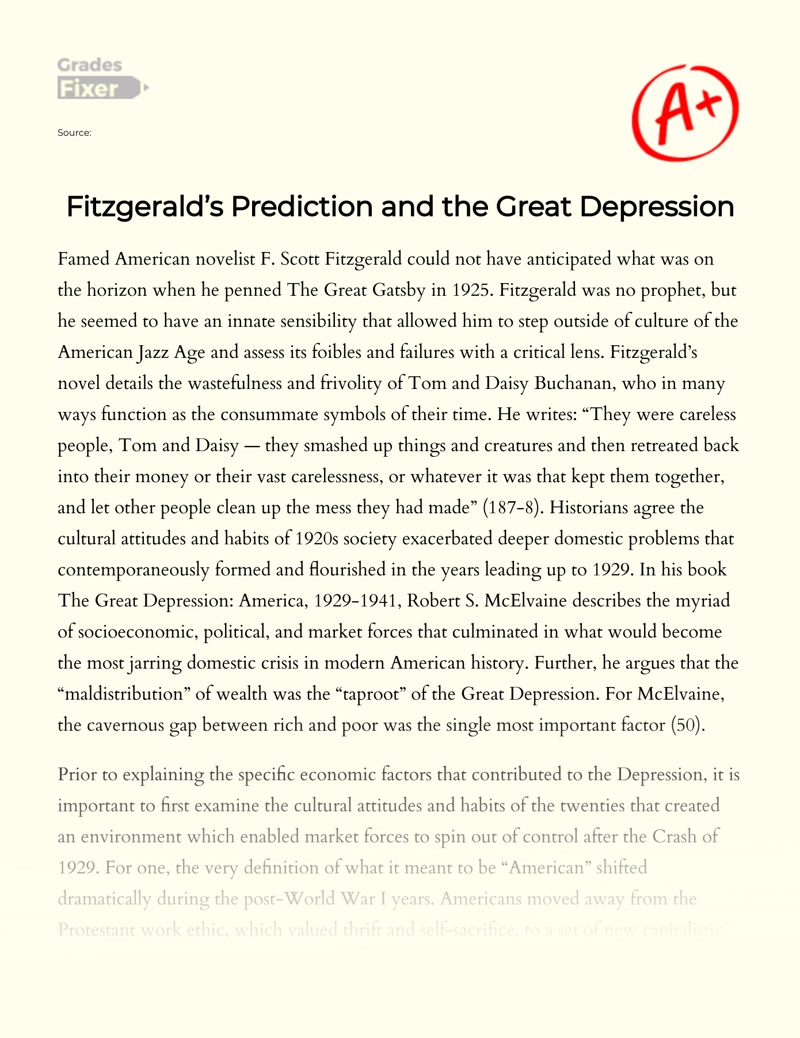The Great Depression was a devastating economic downturn that affected countries around the world in the 1930s. It is considered one of the worst economic crises in modern history, and its impact was felt for decades after it ended.
The Great Depression began in 1929, when the stock market in the United States crashed. This event, known as the Wall Street Crash, marked the beginning of a long and difficult economic downturn that would last for over a decade. The stock market crash was followed by a series of other economic disasters, including bank failures, business failures, and high unemployment rates.
The causes of the Great Depression are complex and varied, but some of the main factors include overproduction, overspeculation in the stock market, and a lack of regulation in the financial industry. In the years leading up to the Great Depression, there had been a period of rapid economic growth, fueled by easy credit and overproduction in many industries. This led to a bubble in the stock market, which eventually burst when the market became oversaturated with stocks and investors began to panic.
The Great Depression had a major impact on countries around the world. In the United States, the unemployment rate reached as high as 25%, and many people lost their homes and businesses. In Europe, the depression also led to political instability and the rise of authoritarian regimes, including Nazi Germany and fascist Italy.
During the Great Depression, governments around the world implemented various policies in an attempt to address the economic crisis. In the United States, President Franklin D. Roosevelt introduced the New Deal, a series of programs and reforms designed to stimulate the economy and provide relief to those affected by the depression. These measures included public works projects, social security, and banking regulations.
Despite these efforts, the Great Depression persisted for several years, and it was not until the onset of World War II that the global economy began to recover. The war led to increased government spending and an increase in industrial production, which helped to stimulate the economy and create jobs.
In conclusion, the Great Depression was a major economic crisis that affected countries around the world in the 1930s. It was caused by a combination of factors, including overproduction, overspeculation in the stock market, and a lack of regulation in the financial industry. Governments around the world implemented various policies in an attempt to address the crisis, and the global economy eventually recovered with the onset of World War II. The lessons of the Great Depression continue to be studied and debated by economists and policymakers today.
"Adventures in the Unknown Interior of America" is a book written by Spanish explorer and naturalist Álvar Núñez Cabeza de Vaca. It is a chronicle of his journey through what is now the southern United States, from Florida to the Gulf of California, during the early 16th century.
Cabeza de Vaca was part of a Spanish expedition that set out to conquer and colonize the region in 1527. However, the expedition quickly ran into trouble and was beset by disease, starvation, and attacks from Native American tribes. Most of the members of the expedition died, and Cabeza de Vaca was one of only four survivors.
After spending several years wandering through the wilderness and surviving by relying on the kindness of Native American tribes, Cabeza de Vaca and his companions finally reached the Gulf of California in 1536. Along the way, they encountered many different Native American cultures and learned about their customs, beliefs, and way of life.
In "Adventures in the Unknown Interior of America," Cabeza de Vaca wrote about his experiences and observations in great detail, providing valuable insights into the lives of the Native American tribes he encountered. He also wrote about the challenges he faced and the lessons he learned during his journey, including the importance of adapting to new environments and relying on the help of others.
Overall, "Adventures in the Unknown Interior of America" is a fascinating account of Cabeza de Vaca's journey through the unknown interior of America, and it remains an important historical document for anyone interested in the early exploration and colonization of the Americas.
"Echo" is a poem written by Christina Rossetti, a Victorian poet known for her religious and devotional works. The poem explores the theme of loss and the enduring power of memory through the metaphor of an echo.
In the opening lines of the poem, Rossetti introduces the idea of an echo as a voice that repeats the words of others, but "dies away" when the sound that caused it has ceased. This serves as a metaphor for the way that memories and emotions can linger long after the events or people that sparked them are gone.
The speaker of the poem laments the loss of a loved one, saying that their absence feels like a "silent desert" and a "vacant nest." They wonder if their loved one can still hear them, even though they are no longer physically present. This longing for connection and the fear of being forgotten is a common theme in Rossetti's poetry, and it is evident in the speaker's words.
As the poem progresses, the speaker reflects on the way that echoes can be both comforting and unsettling. On the one hand, hearing an echo can feel like a reassuring presence, a reminder that someone or something has been there before. On the other hand, an echo can also be a source of loneliness and longing, as it is a reminder of what is no longer present.
In the final stanza, the speaker speaks directly to the echo, asking it to "whisper low" the words of their loved one, as if they were still there. This serves as a poignant reminder of the enduring power of memory and the ways in which it can continue to shape our thoughts and feelings long after the people and events that inspired them are gone.
Overall, "Echo" is a beautifully crafted poem that explores the theme of loss and the enduring power of memory through the metaphor of an echo. Rossetti's use of language and imagery is evocative and moving, and the poem speaks to the universal human experience of loss and the desire to hold onto the people and memories that we hold dear.








